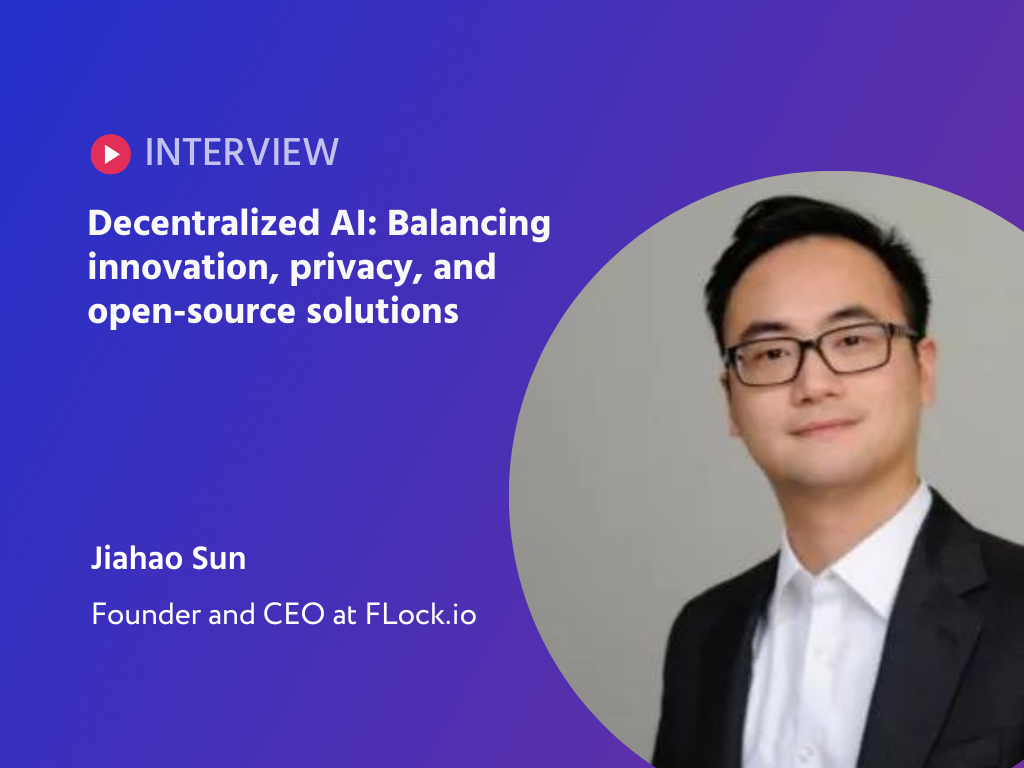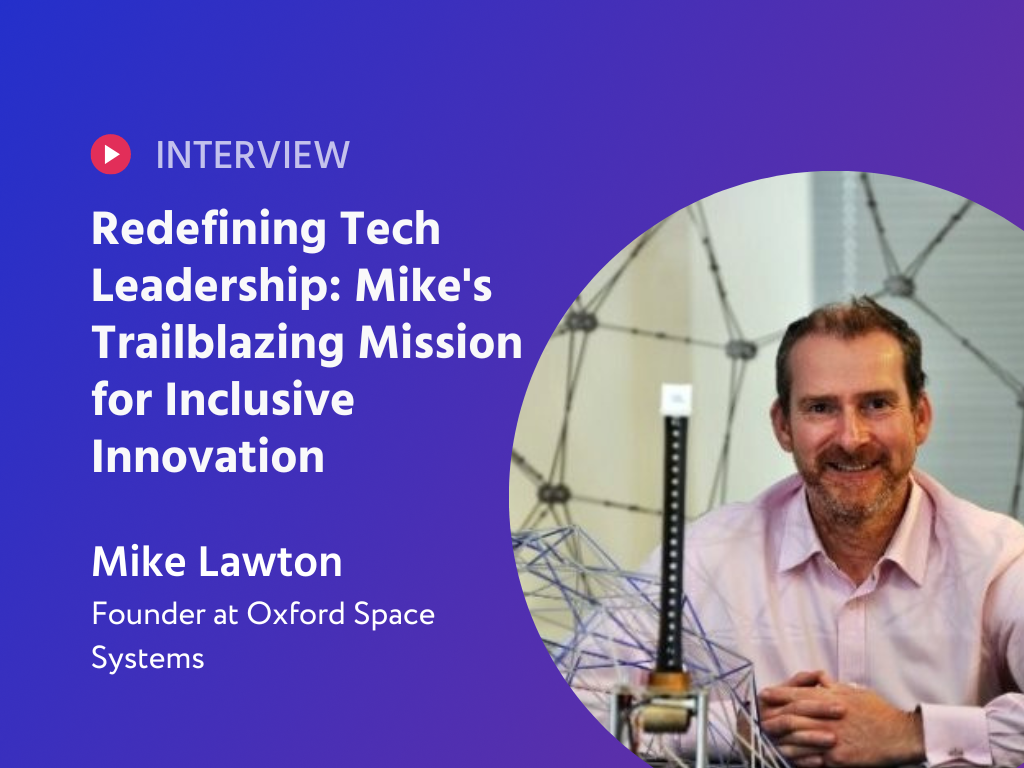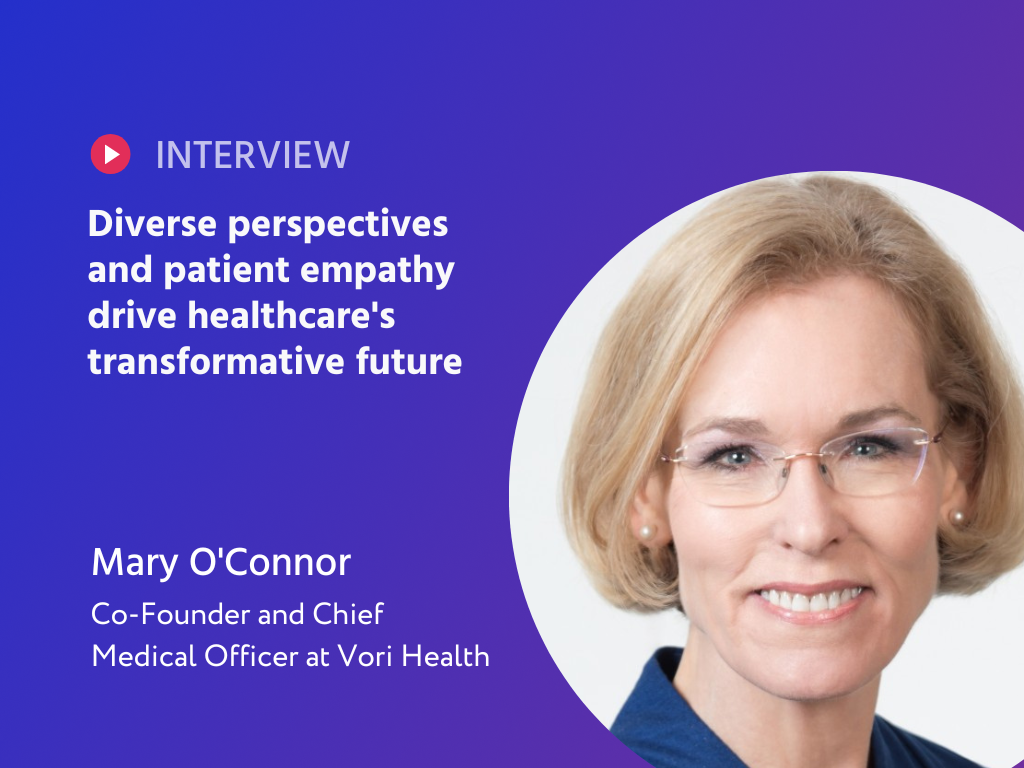In this riveting interview, we had the pleasure of speaking with Brian Iselin, the trailblazing Business Owner of Iselin Human Rights. With his compelling personal narrative and unwavering dedication to combating human rights abuses, Brian presents a new paradigm for corporate social responsibility. Raised in a family that championed social justice, his background led him on a journey that has spanned more than two decades, navigating the tumultuous territories of modern slavery, human trafficking, forced labor, and child labor.
His experiences not only shaped his path but fueled a fiery passion for human rights advocacy in the business world. Iselin's expertise and stories of resilience shed light on a grim yet largely unnoticed issue affecting global business supply chains. With the advent of rights tech, a revolutionary merger of technology and human rights, Iselin seeks to devise effective solutions for companies to address human rights compliance.
Read on to discover his journey, the challenges he has faced, and his unyielding commitment to advocating for ethical practices in businesses worldwide.
From Social Justice Childhood to Rights Tech Pioneer: Brian Iselin's Unforgettable Journey
Raised in a household of "social justice warriors", as he affectionately refers to his parents, Brian Iselin was instilled with a sense of duty towards his fellow man. His upbringing laid a sturdy foundation, leading him to a career path where he could utilize his talents to benefit others. Following his father's footsteps, he initially joined the Army and later became a federal agent. However, an encounter with the dark world of human trafficking compelled him to shift his focus. "This is much more important than drug trafficking," he realized, prompting his decision to leave the federal agency and work privately.
His first case, a gut-wrenching instance of child labor involving a 12-year-old boy, set a course for Iselin’s life that few could imagine. This wasn’t just child labor; it was a direct tie between human rights abuses and business supply chains. "That was my first case that involved business, my first case of a business supply chain, going to consumers in Western Europe, where child labor was present," Brian recalls. For him, this pivotal moment underscored the need to elevate awareness about the presence of human rights abuses in business supply chains globally. In his own words, "It happens in every country, in every industry. And yet, almost nobody knows about it."
With the evolution of technology and the rise of diverse tech subdomains, Iselin decided to bring together human rights and technology in an uncommon alliance, founding a non-profit that he calls rights tech. His vision? To devise solutions that allow businesses to effectively communicate with consumers and ensure human rights compliance in their supply chains. Brian's tireless work and innovative thinking demonstrate how an individual can spark a positive transformation within corporate practices. As Iselin himself put it, "What we've been doing is failing to address the problem. We actually need to do something more positive…So I set up a nonprofit intending on being rights tech."
Redefining Business: A Journey of Awareness, Motivation, and Capability
In a revealing discussion, Brian underscores the significant role of businesses in addressing human rights and social impact issues. Rather than viewing these aspects as peripheral to the core operations, Brian puts forward a compelling argument for their integration into a company's ethos and culture. "The obstacles have been businesses saying, 'well, our stakeholders don't care. So we don't care.' But you can only incite change when more than one factor converges to cause this change," he remarks. The central premise is the AMC model - Awareness, Motivation, and Capability - as a tool to gauge a company's readiness to implement change concerning human rights and social impact.
The obstacles have been businesses saying, 'well, our stakeholders don't care. So we don't care.' But you can only incite change when more than one factor converges to cause this change
A significant takeaway from Brian's narrative is that the path to significant change follows an evolutionary process, beginning with awareness, proceeding through motivation, and culminating in capability. "At the awareness stage, the company is just becoming aware individually and starting to become aware collectively about the issue, but they will not take any action at that stage," Brian explains. This awareness, however, is only the beginning. As external factors converge, such as legal changes and stakeholder shifts, companies transition to the motivational stage. Here, they begin to show an interest in making a change, although they may still lack the clear idea of what needs to be done.
Bringing the notion home, Brian emphasizes that any genuine commitment to human rights within a company originates from its culture. "All human rights issues that a company encounters come from culture… none of those things happen on their own," he elucidates. He contends that companies should first address their own house - or 'scope one' as he refers to it - before they venture into their supply chains and beyond. As Brian sums up, "you first hold a mirror up to yourself before you talk to anybody else." The journey, as he sees it, isn't about coercing businesses into action but about allowing them to evolve at their own pace to reach a state where they are ready, willing, and capable of inciting meaningful change.
Harnessing Empathy and Innovation: Brian's Revolutionary Approach to Ethical Business Practices
Understanding the motivations and anxieties of business leaders is the key to instilling ethics into their practices, explains Brian. Addressing this requires careful navigation as empathy is not often fostered in traditional business environments. Brian’s approach in this sea of indifference? Storytelling. Vivid narratives that expose the harsh realities of unethical operations, like his tale of a 12-year-old laborer, can shock listeners into awareness. He notes, however, that shock can lead to disengagement if not swiftly followed up with possible solutions.
The way I do that, and the way anybody else should do that is around storytelling. You immerse the person in the stories of actual incidences… Start with this story. It shocks people. Immediately after the storytelling, you need to start suggesting coming up with ideas and solutions. So I always move from storytelling immediately to hope
Brian highlights the importance of timing and context, emphasizing that business leaders need to see feasible solutions to the problems presented to them. To keep the momentum going, he suggests providing potential remedies in the same breath as the problem itself. In Brian’s experience, this swift transition from problem to solution maintains attention and encourages immediate action.
While storytelling is a potent tool, it is crucial not to overlook the significance of the business's maturity level, cautions Brian. The willingness and readiness of a company to embrace ethical solutions are influenced by the stage they're at in their awareness journey. Misjudging this could potentially estrange business leaders instead of engaging them. By understanding their level of awareness, motivations, and capabilities, Brian’s approach ensures that ethical business practices are woven seamlessly into their business strategy.
Harnessing Tech to Redefine Transparency: A Candid Talk with Brian on Business and Human Rights
As we delved further into our conversation with Brian, he broached the subject of technology's role within the business and human rights field, scrutinizing the existing technological solutions. Risk assessment tools, he described, were akin to "blunt instruments" due to their failure to offer nuanced solutions. In a world where the supply chain dynamics are as complex as they are now, Brian argued that these tools lack the sophistication to comprehend the interconnected web of entities. Rather than promoting transparency and safeguarding the rights of those embedded within the supply chain, these tools often serve to distance one company from another, a far cry from solving the very human rights issues they were supposedly designed to address.
It became evident that Brian has a clear distinction between traceability and transparency in mind. The former, he explained, is product-centric, focusing on tracking a product's journey across the supply chain. On the other hand, transparency is human-centric, prioritizing information about the conditions under which a product was made. Despite the rapid advancement in traceability tech, thanks to heavy investment in the area, Brian laments the relative stagnation in transparency-centered technology. He provocatively stated, "There's no money in human rights. There's no money in transparency applications. All the money is in traceability applications."
Brian's advice to our audience, especially those within the startup sphere aiming to drive positive societal impact, was steeped in pragmatism and honesty. His caution against the 'golden hammer fallacy' - developing a solution before understanding the problem - carried the weight of experience. But perhaps the most powerful insight from our conversation was his plea for honesty. Brian urged startup founders to resist the allure of securing funds under false pretences. Quoting Brian, "You've got to measure up the opportunity cost of you taking that money on false pretences. Somebody else suffers because of it." As we wrapped up our time with Brian, his call for authenticity and a more human-centric approach to problem-solving continued to echo, offering a robust challenge to all aspiring entrepreneurs.





